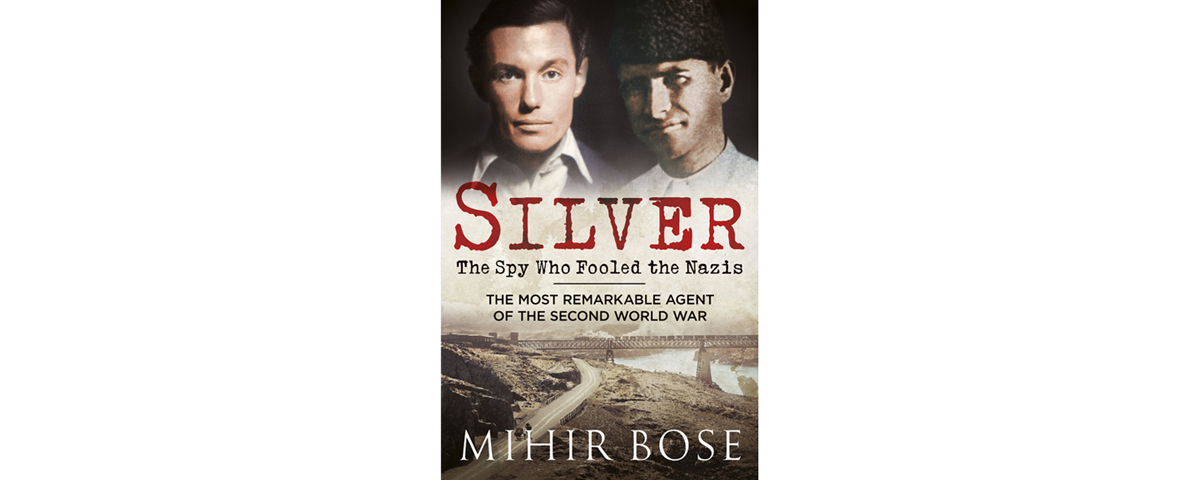Silver: The Spy Who Fooled the Nazis, by Mihir Bose, Fonthill Media, Oxford, U.K., 2017, $40
According to Indian-born biographer Bose, Bhagat Ram Talwar (code name “Silver”), a Hindu born in 1908 in the predominately Muslim North-West Frontier Province, was the most remarkable secret agent of World War II.
A prewar participant in the Red Shirt movement in opposition to the British Raj, Talwar was jailed several times by the British. In February 1941 Talwar, posing as a Muslim named Rahmat Khan, helped smuggle Indian nationalist leader Subhas Chandra Bose (no relation to the author) from Peshawar across the border into Afghanistan and on to Kabul. After many fraught weeks the Italian ambassador in Kabul arranged for Bose to continue first to Moscow, then on to a sympathetic Nazi Germany. The ambassador also managed to recruit Talwar as an Axis spy.
On a return visit to Kabul that spring Talwar made contact with Nazi agents. By late July, however, in the wake of the German invasion of the Soviet Union, he began spying for the Russians, who knew all about his German connections, though Talwar’s Nazi handlers never learned of his switch to double agent.
In March 1942 the weekly British intelligence summary from Kabul reported Talwar as “a clever and suspicious character.” Approaching the British that June, the Russians offered to exchange intelligence they’d gleaned in the region and to share the services of one of their go-to spies—namely Talwar. At that point in the war the Indian agent was ostensibly serving Germany, Italy, Japan, Russia and Britain, the latter of whom gave him the code name Silver. On a dozen treks to Kabul by foot he provided his Nazi handlers with bogus intelligence reports, compiled under the watchful eye of Peter Fleming, head of British military deception operations in Southeast Asia and older brother of writer Ian Fleming of James Bond fame. Germany paid Talwar well for his “services” and even awarded him the Iron Cross. At war’s end the British also rewarded the agent handsomely, and he reportedly lived a quiet existence in Uttar Pradesh until his death in 1983 at age 75.
A tangled web, but just how much Silver’s work contributed to the Allied victory is difficult to assess. For the time being, anyway, he will remain in the shadows, as the author lamentably failed to provide an index.
—David Saunders





